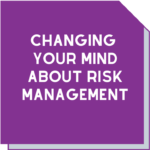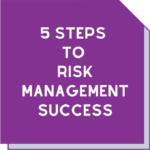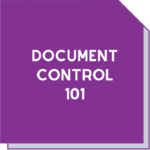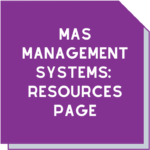Staying Alive through the Corona crisis

Will your laboratory business be staying alive during the Coronavirus crisis?
The news is full of doom and gloom and there’s a lot of uncertainty about the future. People are clearly wanting control and going into survival mode, as the ‘toilet paper wars’ visibly demonstrate.
If you fail to plan, you plan to fail and your laboratory business is no exception.
But, did you know, if you are an accredited laboratory you have within your grasp a tool kit to help see you through these difficult times?
Let’s take a look at what you can do to make sure your business ‘stays alive’.
1. Managing Human resources
Your people are a critical part of your laboratory business. Whether its because of self-isolation or other imposed sanctions relating to public distancing, at least some of them are going to be away.
If you’re in a lab, you should have some processes of delegation in place, particularly if you have been a follower of ISO 17025 for a few years, since the previous version clearly required this. This is the time to dust off your delegation plans, review what you have in place, and be prepared to implement them at short notice.
Look at your records of competency for your staff. Do you have redundancy built in? Develop a plan to boost the capabilities of staff to ensure you have competent staff to perform your testing and calibration activities.
There’s also the issue of legal obligations you and your employees owe to each other. I’ve seen quite a few interesting questions around what can be done here. The Fair Work Commission website has some good advice and our friends at Lab Law can help you work through this from a legal perspective.
 2. Managing your physical environment
2. Managing your physical environment
ISO 17025 and ISO 15189 ask labs to monitor and periodically review access to laboratory areas and arrangements to prevent contamination. This has a special meaning in times of physical distancing and maintaining good hygiene.
What provisions do you have in place to ensure your people are safe and keep their distance?
What do you have in place for hand washing and sanitising so that colleagues don’t inadvertently pass on COVID-19?
3. Continuity of service to customers
Those processes of contract review are particularly important right now. Some contracts are longer term so now is the time to really review your contracts to check you continue to have the capabilities and resources to meet those contractual requirements. Keep in touch with your customers and cooperate with them on how you are managing these resources.
You might also have some arrangements with external suppliers when it comes to laboratory services and calibrations. For example, what will you do if you can’t get your balances calibrated?
Get in contact with your external suppliers to develop meaningful and collaborative plans to ensure that you can continue to meet traceability requirements.
4. Electronic systems
We are likely to be increasingly reliant on electronic systems to meet and work. Now is the time to think about ensuring that your obligations in terms of confidentiality can continue to be met.
For staff working remotely, talk to them about how they can interact with you and clients. Remind them of the importance of ensuring that confidentiality is preserved.
If you use LIMS and other systems for management, hopefully you’ve already investigated how well they comply with the requirements in the standard, as described in clause 7.11.4 of ISO 17025.
Now is the time to delve into those questions and develop plans to address any issues you discover.
5. Addressing risks and opportunities
COVID-19 presents a new risk that many of us would not have thought of. This is where your risk management system has an opportunity to shine.
Start by considering what risks this brings to your business and opportunities it might offer. Clearly this is a time of disruption to how we do things and there are both negative and positive consequences.
Work methodically through your risk management process to develop some concrete actions. It will make you feel more in control and probably help you to preserve profit and sanity.

If you think you need some help or just a chat about what you can do, reach out to us for some assistance and advice.
In these times we need to be kind to each other. We’re happy to help and support you through these difficult times!
Remember, you don’t have to do this alone!
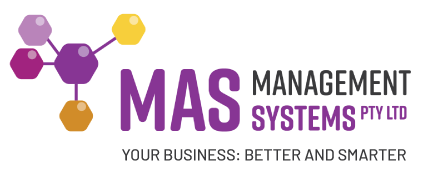

 2. Managing your physical environment
2. Managing your physical environment
